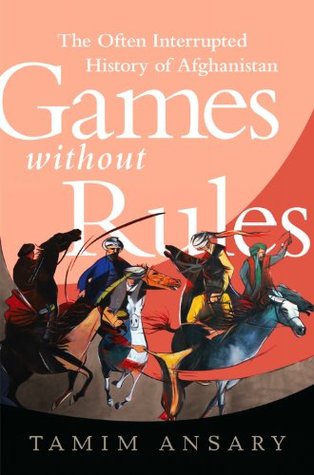their authority. Ahmad Shah gained his power from the network of personal followers he built up over time, loyal strongmen bound to him by reciprocal obligations that could never be quantified or reduced to quid pro quo, for the dynamics of leadership were those of a family, not of a marketplace. This is worth noting because the nature of leadership in Afghan culture has bedeviled every wave of foreigners that has tried to govern Afghanistan through proxy Afghan “leaders,” mistakenly assuming that attaching a formal “office” to a given individual makes that man a leader.
Welcome back. Just a moment while we sign you in to your Goodreads account.


